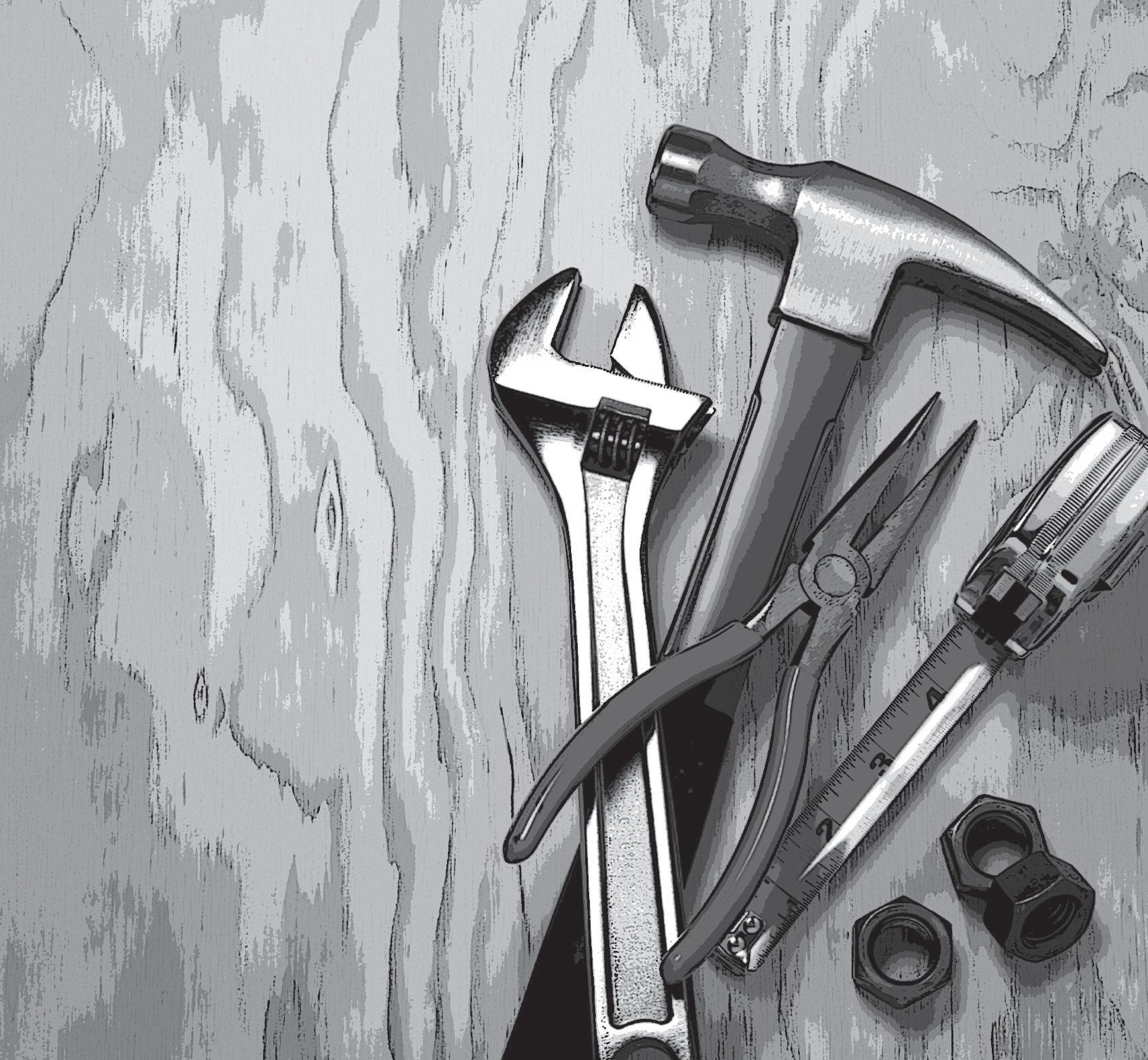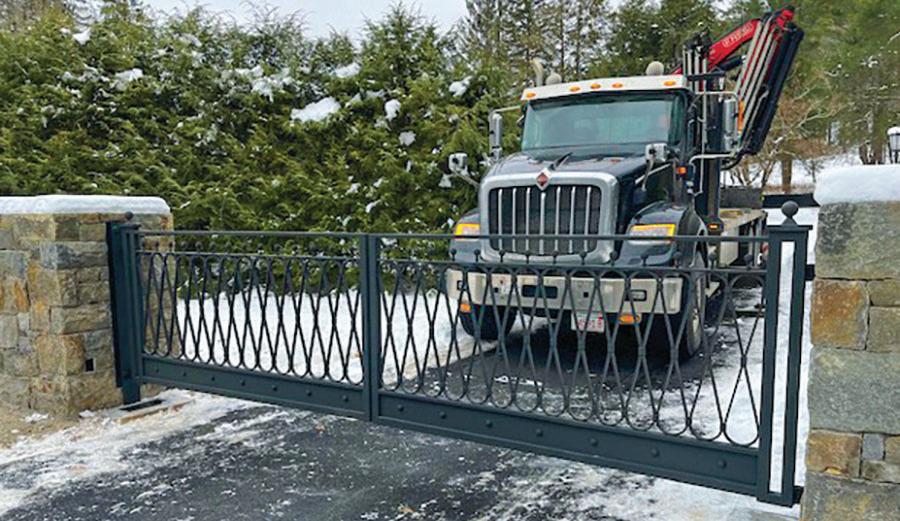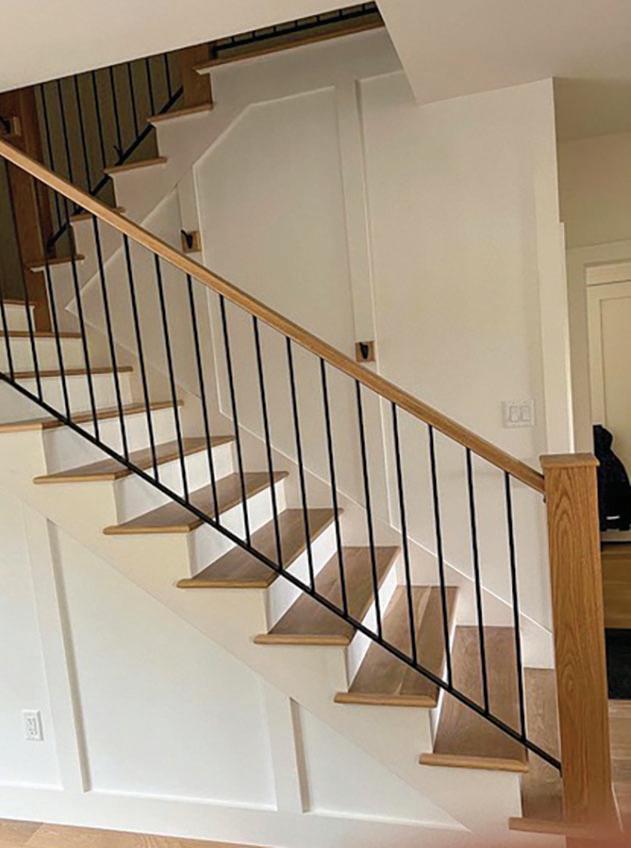
9 minute read
Choose a new car dealer
New car dealers give buyers the chance to test drive vehicles, look at a variety of different options and tap into their expertise on the latest changes in the automotive industry.
While new technology has enabled you to choose a car online and have it delivered to your home, you’d be wise to take advantage of dealer expertise. Most car dealerships have years of experience and knowledge in the brands they sell and service, and they can work with you to get the best financing possible.
There’s usually no shortage of dealers who carry many of the popular models, so one may seem just as good as the other. Not true.
Pick the wrong dealer and you could get stuck with a lemon or unfair financing terms. A good dealer, however, will make the car buying process a transparent breeze and offer excellent afterpurchase support.
Choose the right car
The first thing you need to figure out is what type of automobile you’re looking to buy. This will help you narrow down brands and pick your best option. Large families may need an SUV or van. College students buying their first car might be happier with a compact car that will let them save on gas expenses.
Along with the car model, there are numerous options to consider. You might get a car with a navigation system, moonroof, GPS and satellite radio, just to name a few. Many of these amenities are now standard, but some involve extra costs.
If you have to commute long distances, think about purchasing a smaller car with a good MPG (miles per gallon) rating. Hybrid or electric cars can help you save money on gas. Anyone in a cold climate might look at various vehicles with either allwheel or front-wheel drive.
Choose the dealer
Once you have settled on a car model, check into area car dealers. Finding several dealers who sell the brand of car you want is usually best. The competition for your business will help you negotiate the total cost of your car.
Make sure to look for current discounts on the car you want. During specific times of the year, you might be able to get a great deal on a new car. It is particularly true during year-end sales.
Of course, you should testdrive a car before purchasing it.
When you begin your negotiations, remember that price isn’t everything. Service should play a role as well. You are building a long-term relationship with this dealer and manufacturer. It is not worth getting a less-than-satisfactory experience just to save a few dollars.
Make sure that you feel comfortable with the dealership. Buying a car is an expensive, long-term commitment. It is always better to find a car salesperson who is informative and friendly. It will make your transaction as simple and comfortable as possible.
NEWORPRE-OWNED? CAR,VAN,SUV,ORTRUCK? COLOR?MILEAGE?MAKE? YEAR?

GETYOURESTIMATEIN SECONDSONLINE!VALUE WILLBECONFIRMWITH VISUALAPPRAISAL.


Choose a hardware store
expensive store in town might be best if you are purchasing lumber to make a piece of furniture. Always consider quality as well as price.
If you are still undecided, then let customer service be your guide. For hardware and home improvement stores, customer service will help you when you most need it.
Good customer service starts as soon as you enter the establishment. If you are warmly welcomed, this is a step in the right direction.
High employee turnover is not a good sign. It is best to establish a working relationship with people in your hardware store. It is difficult to do that if you are greeted by a different person every time you enter.
Understaffing is another problem in hardware stores. If it is difficult to locate someone, or salespeople are always surrounded by customers, you will not receive a high level of service. You might consider looking elsewhere.
Other signs of poor customer service include long checkout lines, out-of-stock products or a cluttered and dingy store. If you get treated with suspicion and challenged for trying to make a return, find another store that treats you better.
No matter how popular the big box home improvement stores become, there is still a time and place for the local hardware store. It’s a place that will take a personal interest in your projects.
The benefits of using a local hardware store begins with personalized customer service and extends to services many of the chain stores don’t always offer. They likely have, or can order, all the materials you need and you won’t have to wander cavernous aisles. You’ll also be contributing to a local business that benefits the local economy.
A quality hardware store will stock all the pieces, parts and products you need for most home-improvement projects, and a knowledgeable, friendly staff that can offer help and advice is equally as important. Reliable customer service is also one of the factors that will help you choose between a local hardware store and a big-box retailer. Here’s some factors to consider when choosing a local hardware store.

Consider smaller projects you have successfully completed and visit a few local stores. Ask the staff at each store for their input on the best way to complete the task you have in mind. Progress to a more complicated project and ask for advice again. Note which employees provided the most helpful answers.
During your visits, look around various departments. Determine which store has the best highquality tools you might need in the future.
Make a note of additional services, such as equipment rentals, classes and referrals to area professionals. After all, if you can’t handle a complex project, they might be able to point you in the direction of someone who can.
Pricing is another aspect to consider. A store with the lowest prices isn’t necessarily the best. They might be cutting corners. On the other hand, if you know a lot about lumber and are interested in purchasing fencing for your backyard, the cheapest store might be best. The most
Convenience will also have an effect. Hours of operation, driving distance and parking will figure into your decision. If it takes a lot of effort to make a purchase, you should find another store.
The right hardware store will have what you need when you need it. They will stock tools and sell them at a reasonable price. A knowledgeable and friendly staff will have answers if you need them. When you find that store, you can complete your projects with confidence and feel less stressed when it comes time to take on projects.
Sponsored by: Carr Hardware

Big-box retailers span the globe. Though Wal-Mart, Target and Lowes may offer great deals, there's often nothing unique about big-box stores. Proponents of Main Street also note that bigbox stores can't provide the small business charm that can make local neighborhoods special.
Balance is everything, and that even applies to shopping. Big-box retailers can feature in consumers' shopping plans, but there's a place for small businesses as well. The following are some strategies to reduce reliance on national chains.
Look at the alternatives first.
Shoppers may look to big-box stores because they know what to expect and are familiar with their goods. But exploring smaller alternatives first can turn up some pleasant surprises. Take walking tours of the community and make note of which stores are available.You might just uncover a hidden gem.
Prioritize quality, not quantity.
Big-box retailers frequently turn to foreign-made products and can offer very low prices because the huge amount of merchandise they sell enables them to negotiate lower bulk prices from suppliers. Mass production of products may result in lowerquality merchandise. Small businesses may pick and choose their stock, vetting items before the customer even does his or her research.
Ask for recommendations.
Reach out through social media for recommendations on small businesses in the area. Find out where others are shopping and what they have to say about certain companies. You may not have certain establishments on your radar and may be pleasantly surprised at the competitive prices and outstanding service provided by local businesses.
Competition keeps prices lower.
Big-box retailers may offer good deals, but over time those prices may rise as national retailers command more control of the market. A competitive marketplace encourages businesses to offer lower prices to attract customers. By shopping a variety of stores, customers can further this healthy competition across the board.
Shop in person.
There’s no denying the convenience and all-hours capabilities of shopping online. However, it denies shoppers the experience of going into a store and brows- ing for products and getting a true feel for their sizes and quality. Modern consumers are no doubt familiar with the tedious nature of returning online items that fell short of expectations. Such experiences are significantly less common when shopping in-store, particularly at small businesses.

Sponsored
Beck Furs
by:




The average cost of a wedding today is enough to make a sizable down payment on a home. According to The Knot's 2019 Real Weddings Study, the average wedding in the United States cost $33,900 in 2019, though the price tag can vary widely from state to state. Canadians spend similarly, with Canadian Buzz stating a modest wedding will cost between $25,500 and $30,000 CAD, but more likely around $42,400 CAD. Though love may not cost a thing, weddings certainly do. One of the best ways to maximize wedding budgets and ensure that all that money is well spent is to enlist the services of a wedding planner. Wedding planners wear many hats, which underscores how valuable they can be.

Choose a Pool or Spa
Sounding board
An experienced wedding planner can help couples keep their worries at bay. Countless decisions must be made when planning a wedding, and some couples may feel as if they need to micromanage their nuptials. A wedding planner can take tasks off of couples' plates and serve as a sounding board as couples try to make the best decisions.
Financial guru
A wedding planner can help couples negotiate the best deals on good and services, and will know when a vendor's price is on target or inflated. That savvy saves couples money in the long run. Wedding planners also can advise on ways to save money and allocate funds so couples' biggest priorities get the financial attention they deserve.
Problem solver
Wedding planners step in to save the day when hiccups threaten to derail plans. A planner will know what to do should a gown become torn or if a vendor fails to respond to calls on the day of the wedding. Removing some stressors allows couples to relax and more fully immerse themselves in their weddings.
Idea generator
Pulling together ideas from every corner requires a creative eye. Couples can rely on a professional wedding planner to help with brainstorming and putting different elements together. He or she likely has seen a vast array of celebrations and can make suggestions based on what's worked before.
Time saver
Wedding planners already have a bevy of industry contacts and can pull together wedding details in much less turnaround time than couples with no wedding planning experience.
Sponsored by: Only In My Dreams Events



Homeowners considering upgrading their insulation or amending existing insulation should do their homework on the type of insulation that will be most effective for their homes.
When thinking about renovating their homes, homeowners may imagine changing wall colors, expanding room sizes or upgrading appliances and fixtures. However, unless people take inventory of the less glamourous components of the home, such as structure, plumbing, heating and cooling, and insulation, other improvements may be for naught.
A home insulation project certainly doesn’t offer the wow factor of a kitchen remodel, but insulation serves a vital function in the house that helps
Choose the Right Insulation for Your Home

keep people comfortable and reduces energy consumption. Insulation is typically placed in areas where air escapes, such as between the stud cavities inside the walls and in the attic, and serves to slow and reduce heat transfer.
The U.S. Department of Energy says between 50 and 70 percent of the energy used in homes is for heating and cooling. By improving home insulation, homeowners can make their homes more comfortable, consistent and efficient. In fact, the ENERGY STAR program overseen by the U.S. Environmental Protection Agency says homeowners stand to save an average of 15 percent on heating and cooling costs by adding proper insulation. To do so, homeowners can take a crash course in home in- sulation and find the products that fit their needs.
Blanket batts and rolls
Blanket batts and rolls typically are constructed with fiberglass, so proper safety gear, such as a mask and gloves, is needed when handling them. Installing this type of insulation is relatively easy since the materials are designed to fit the standard width between studs, rafters and floor joists.
Loose fill
Loose fill is usually made of fiberglass or cellulose (recycled paper fiber). It is blown or sprayed into place with pneumatic equipment, according to The Home Depot. Loose fill can be ideal for hard-to-reach areas in attics or
Sponsored by: East Coast Refinishing
inside wall cavities. It’s good for adding insulation to irregularly shaped areas. Since it requires special equipment, this is a job best left to professionals.
Sprayed foam
Sprayed foam is just as the name implies, a foam made from polyurethane, polyisocyanurate, cementitious, or other materials that are applied by a spray container. DIYers who need only small applications can use canned products . Large quantities are pressure-sprayed by professionals.
Foam board/rigid foam panels
Ideal for unfinished walls, such as basement or foundation walls, floors and ceilings, these are boards of polyurethane or polystyrene. Foam boards tend to reduce energy consumption more effectively than other types of insulation.













